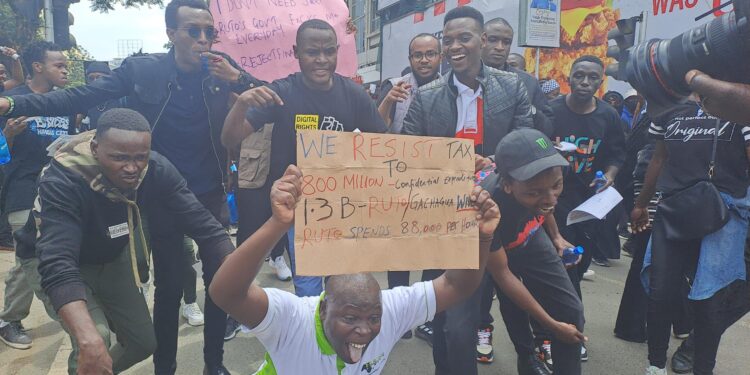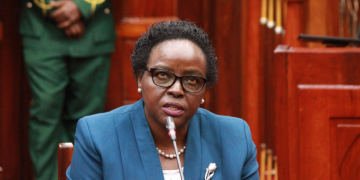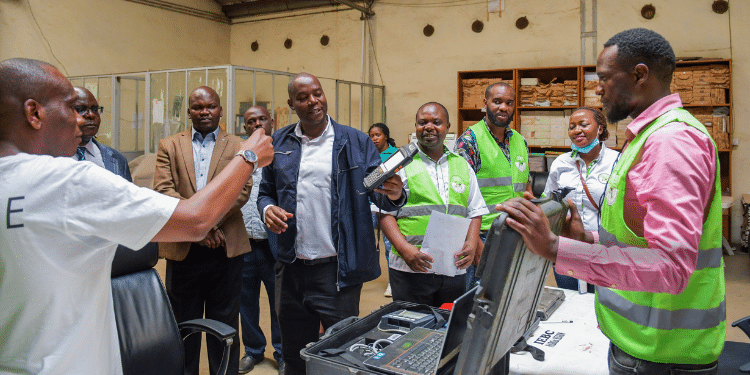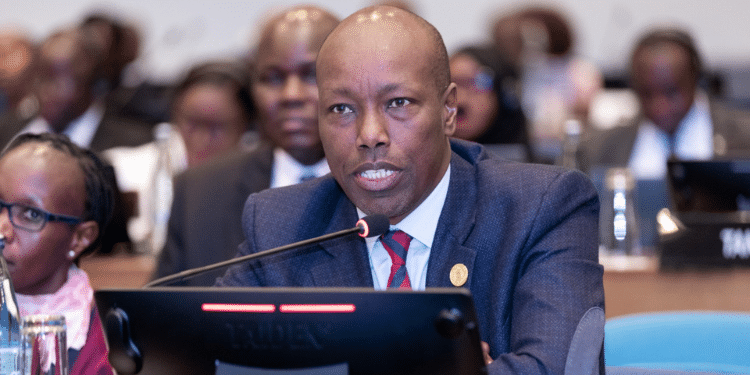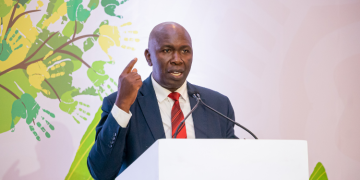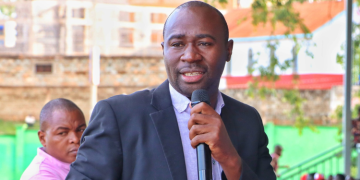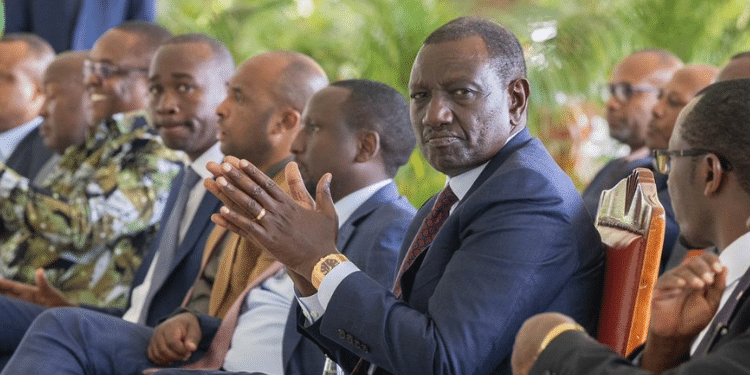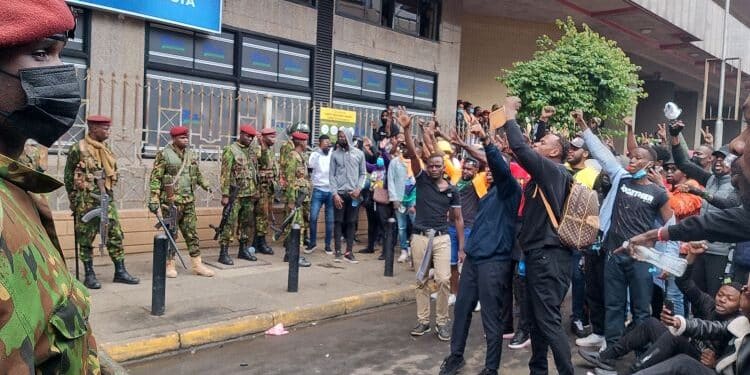Kenya has recently emerged as a beacon of civic and political activism, driven by a historic wave of protests addressing various social and economic grievances.
The powerful EndFemicideKe protests called for gender justice, while demonstrations against forced evictions and demolitions in informal settlements during the flood season highlighted the plight of marginalized communities.
Yet, it is the widespread outrage over the contentious Finance Bill 2024 that truly galvanized the nation, drawing intense scrutiny and support both domestically and globally.
These protests have made history with their groundbreaking use of technology to rally and unite citizens beyond traditional tribal divisions.
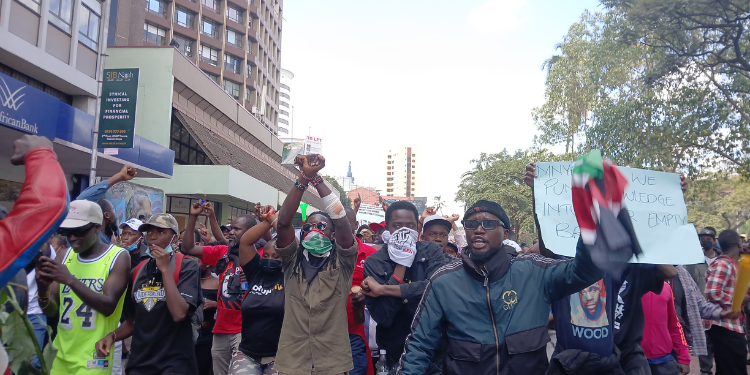
The innovativeness, boldness, and resilience of Kenyan Gen Zs and millennials in activism tactics are noteworthy. Technology and social media played crucial roles in enabling broader participation in political discourse, increasing scrutiny of government actions, and empowering a demographic that challenged traditional power structures.
Scores of citizens voiced their frustration, anger, disappointment, opposition, and demands online and organized nationwide protests using hashtags like #EndFemicideKe, #TotalShutdownKenya, #RejectFinanceBill2024, and #OccupyParliament on social media platforms such as TikTok and X. Online petition platforms like Change.org (against the Finance Bill) and Avaaz.org (against Femicide) were also used to rally wider public support.
Femicide Protests: A Cry for Gender Justice
The year began with massive demonstrations against femicide, driven by alarming statistics and a demand for stronger legal protections and enforcement. January and February saw some of the largest protests in Kenya’s history, with women and allies marching to demand justice for victims and stricter laws to protect women.
Also Read: Activist Steps Down from Gen Z-Led Protests 5 Days After Abduction
Led predominantly by young women and feminists, including many Nguvu Change Leaders playing different roles, these protests highlighted systemic gender-based violence and the need for legislative reforms to ensure women’s safety and equality.
Flood Protests Against Unfair Demolitions and Evacuations
In April, protests erupted over unfair demolitions and evictions following severe flooding, which disproportionately affected vulnerable communities. The evictions were deemed inhumane as many felt brutalized and were left without an alternative place to relocate to, no fair compensation, sufficient notice, or proper consultation.
The government’s response was criticized as selective and punitive, prompting calls for fairer environmental policies and better disaster management. Like the peaceful mass marches against femicide, young people, driven by a desire to secure a safer and more resilient future, were at the forefront of these demonstrations, including women.
Finance Bill Protests: Economic Justice and Accountability
The most recent wave of protests has been driven by opposition to the Finance Bill 2024, which proposed significant tax hikes. These demonstrations, marked by a diverse demographic including millennials and mostly Gen Z participants, showcased widespread economic discontent.
The proposed tax increases were seen as burdensome, especially for the younger population struggling with unemployment and economic instability.
The outcome, which saw President Ruto conceding, underscores the growing influence of young people and women in national affairs, though their voices and concerns are often excluded from top decision-making.
This has widened the gap between the government and disillusioned citizens who have lost faith and trust in leadership.
A New Era of Bold Collective Action
These protests mark a turning point for Kenya, heralding a new era of collective action and political and social accountability in Kenya that has reshaped public discourse and policy direction.
They reflect deep-seated discontent and growing disillusionment among young Kenyans with existing policies that overlook public participation and fail to address urgent national issues. It’s a clear demand for youth and women to have a meaningful role in shaping the country’s future, not just demanding change but actively steering its course.
In supporting and amplifying these transformative movements, the younger generation and women, civil society organizations (CSOs), the media, and the government have pivotal roles to play.
Also Read: ICJ Reveals Number of Police Killings in 2024 Protests, Gives IPOA Ultimatum
CSOs can provide the necessary organizational infrastructure, resources, and advocacy training to sustain the momentum of these protests, ensuring that young voices are heard, and their demands are met.
Pulling together
The media, as a powerful tool for shaping public opinion, can continue to spotlight these movements, foster informed debate, and hold those in power accountable. Meanwhile, the government must embrace a collaborative approach, engaging in constructive dialogue with these young activists and stakeholders to co-create policies and solutions that reflect the diverse interests of all Kenyans.
Together, these efforts can pave the way for long-term solutions, fostering a more equitable and just society where every Kenyan, especially the youth and women, can thrive and participate meaningfully in shaping the nation’s future.
This article was written by Ajra Mohamed, Partnership Specialist with Nguvu Collective
Follow our WhatsApp Channel for real-time news updates:
https://whatsapp.com/channel/0029VaB3k54HltYFiQ1f2i2C
